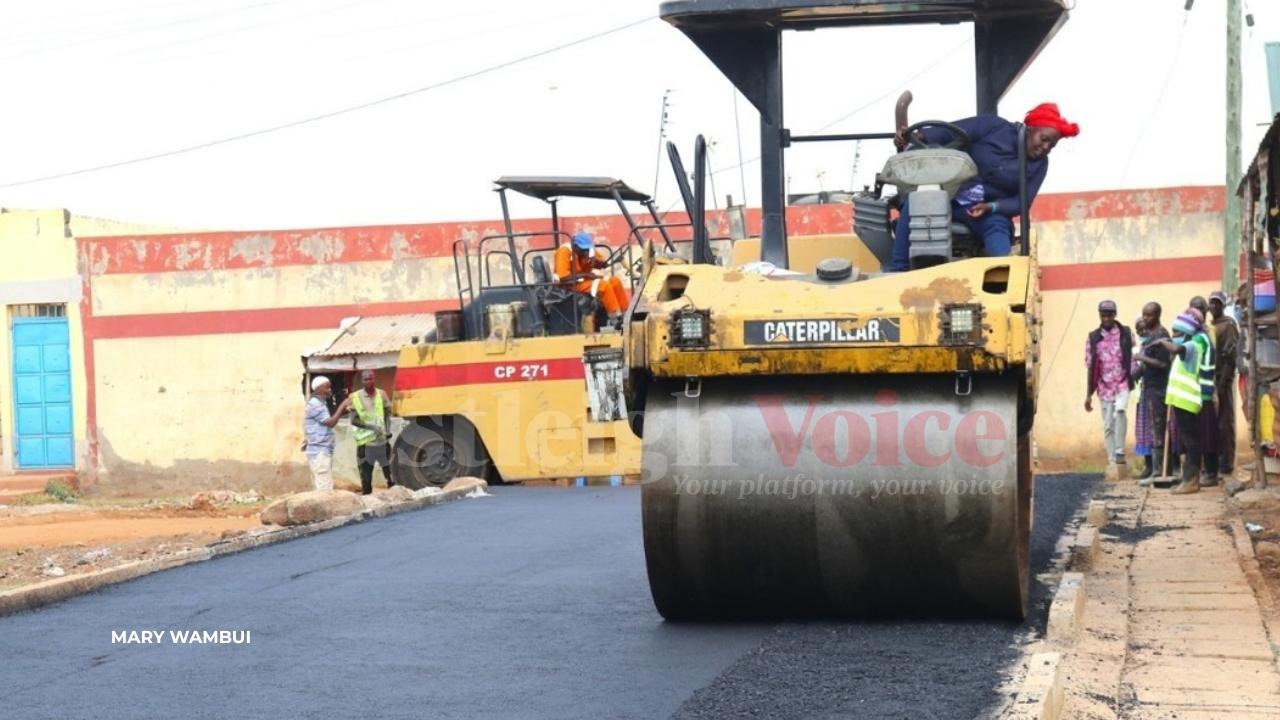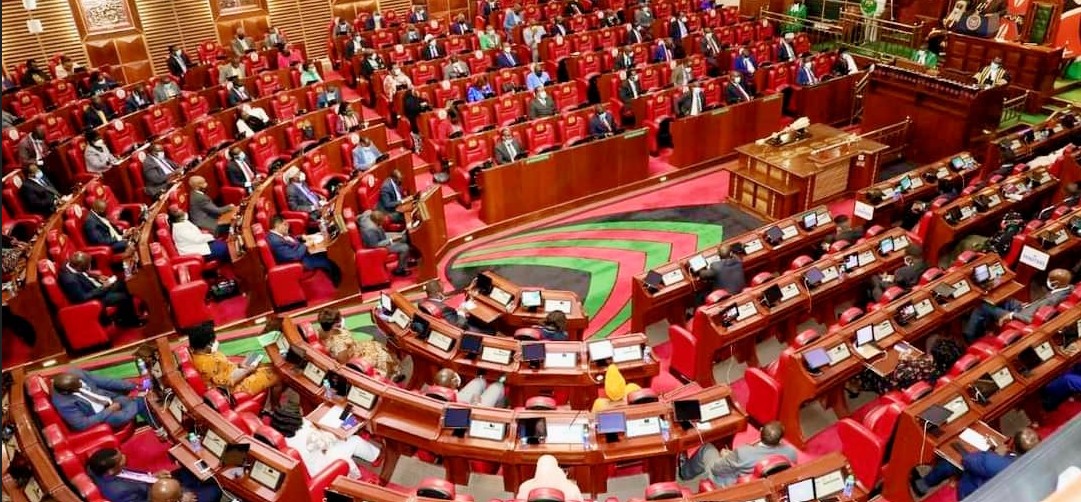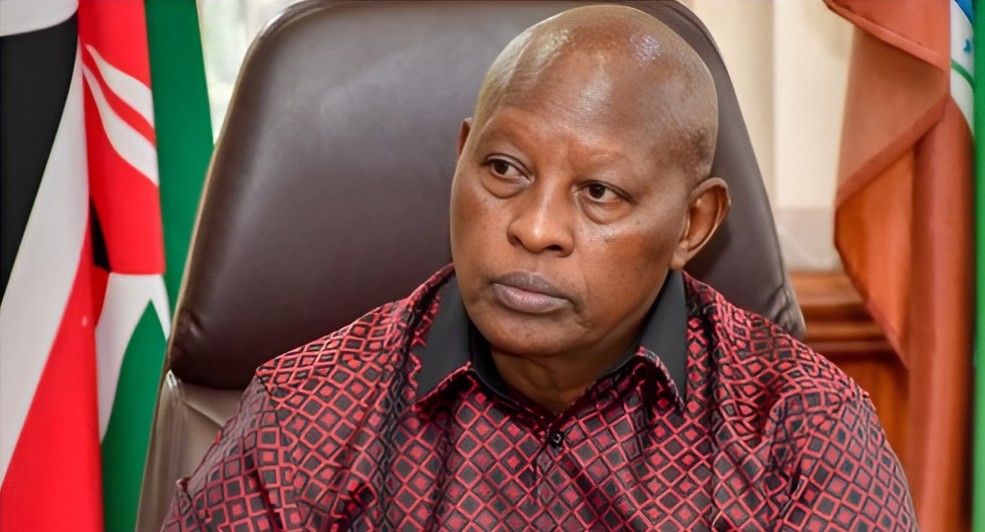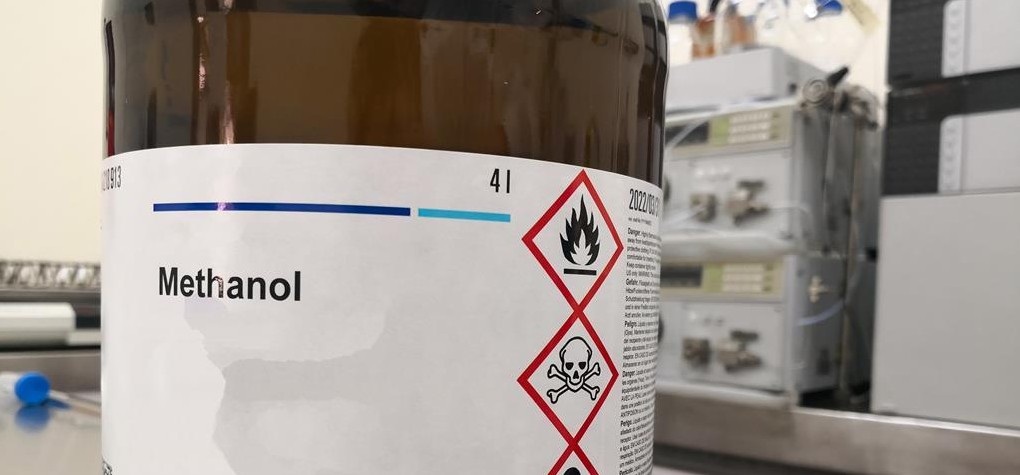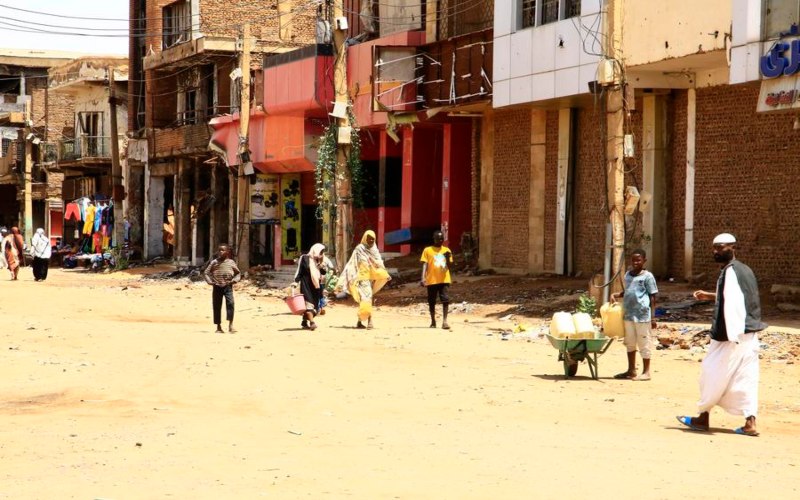Low loan uptake threatens agricultural innovation in Africa - CBK survey
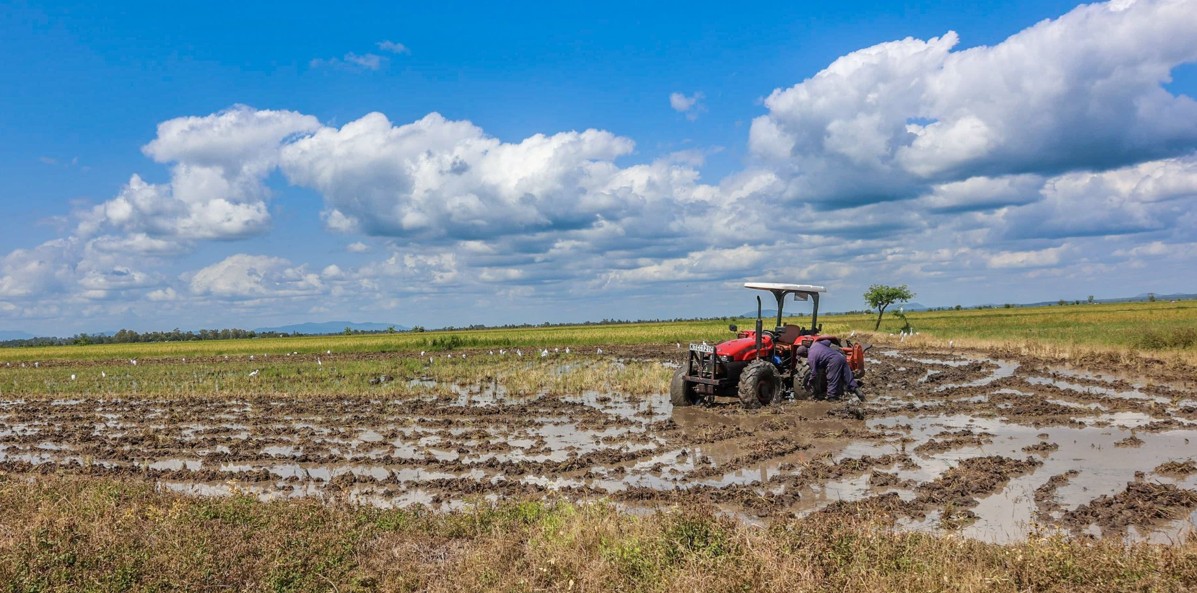
CBK in its latest Monetary Policy Committee meeting slashed the base lending rate for the eighth consecutive time to 9.25 per cent, from the highs of 13 per cent sometime last year.
A Central Bank of Kenya (CBK) survey has revealed that a majority of African farmers are still not taking scale-up loans, even as credit becomes more available.
According to the CBK's September 2025 Agriculture Survey, only 31 per cent of farmers reported borrowing to fund their farming activities.
More To Read
- Top 10 largest African economies in 2025 by Gross Domestic Product (GDP)
- Auditor General flags CBK for hiring unqualified managers, ignoring HR Policies
- CBK under fire for withholding Sh3 billion in upfront agency fees, auditor-general says practice breaches law
- IMF revises Kenya’s 2025 growth forecast upward to 4.8 per cent
- Kenya’s economic activity set for strong year-end boost, says CBK
- Treasury rolls out new plan to expand financial inclusion in Northern Kenya
Describing the proportion as relatively low, the apex bank said the numbers raise red flags about the sector’s readiness to embrace innovation at scale.
The farmer's concerns took centre stage today as agribusiness leaders and agricultural experts gathered ahead of the 2025 Africa International Agricultural Expo (AIAE) to explore Africa’s role in shaping the future of food security, sustainable value chains, and agritech.
Philis Njane, the Agricultural Research and Innovation Secretary at the Ministry of Agriculture, reckoned that most farmers are not taking up scale-up loans because they remain largely risk-averse and hesitant to engage with lenders.
This is despite declining interest rates and a sustained push to increase financial inclusion.
CBK, in its latest Monetary Policy Committee meeting, slashed the base lending rate for the eighth consecutive time to 9.25 per cent, from the highs of 13 per cent sometime last year.
“A lot of our farmers are not commercial; they are subsistence growers, and that makes them shy away from loans, hence constrained innovation,” Njane said.
“Commercial farmers are getting loans left, right, and centre. But for the rest, it’s a mindset issue; they fear the risk.”
She also pointed out that while banks have started lending more, agriculture is still viewed as a risky venture in financial circles.
“Even with rates dropping, agriculture gets a small share of bank portfolios,” she noted.
“The few commercial farmers I speak with are leveraging millions in credit, but the subsistence farmers aren’t even applying. They’re producing to eat, not to earn, and that needs to change.”
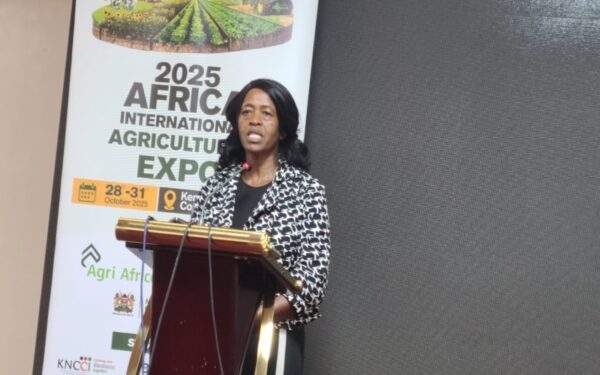 Agricultural Research and Innovation Secretary at the Ministry of Agriculture, Philis Njane. (Photo: Handout)
Agricultural Research and Innovation Secretary at the Ministry of Agriculture, Philis Njane. (Photo: Handout)
The upcoming 2025 Expo, set to be held in Nairobi between October 28 and 31, with more than 150 exhibitors from across the globe, seeks to address, among others, this shortfall.
This, while providing a platform for knowledge exchange, matchmaking and investment.
While it will not offer direct financing, organisers say the platform will help connect farmers with international partners and investors willing to fund innovation in areas such as mechanisation, smart farming, and climate-resilient practices.
Africa holds about 60 per cent of the world’s uncultivated arable land and has a fast-growing, youthful population, positioning it as a future leader in global agriculture.
However, experts warn that without improved access to financing and a cultural shift toward commercial farming, the continent could fall short of its potential.
The 2025 AIAE will run under the theme “Increasing Agricultural Productivity in Africa Through Innovation and Market Access”, a mission deeply tied to the question of who’s funding that innovation.
As momentum builds ahead of the Expo, stakeholders are calling for more targeted financial education, better loan products for smallholder farmers, and stronger public-private partnerships.
The expo features six specific domes, agricultural technology, agri-machinery and equipment, animal health and veterinary, tea industry, edible mushroom and agricultural inputs.
According to Tito Mutai, CEO of Agri-Africa Exhibition, more than 160 enterprises from China, Kenya, Ethiopia, Israel, the US, Turkey, South Sudan, and other countries have confirmed participation, including 110 Chinese exhibitors.
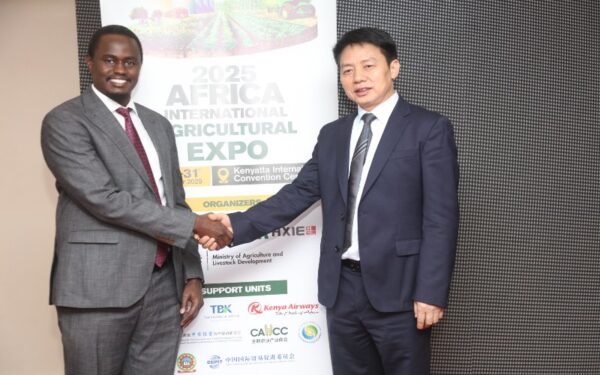 The CEO of Agri-Africa Exhibition, Tito Mutai, left, with Guipinf Ding Vie, CEO of HXIE, during a press briefing on the upcoming 2025 Africa International Agricultural Expo. (Photo: Handout
The CEO of Agri-Africa Exhibition, Tito Mutai, left, with Guipinf Ding Vie, CEO of HXIE, during a press briefing on the upcoming 2025 Africa International Agricultural Expo. (Photo: Handout
“The expo will not only serve as a showcase for cutting-edge technologies, but also as a strategy platform for China-Africa agriculture dialogues and collaboration,” Mutai said.
He added that key enterprises will also conduct field visits on hybrid rice cultivation, tea processing and agricultural equipment manufacturing.
The Expo has been organised in conjunction with AgriAfrica, HXIE from China and the Ministry of Agriculture.
Top Stories Today
